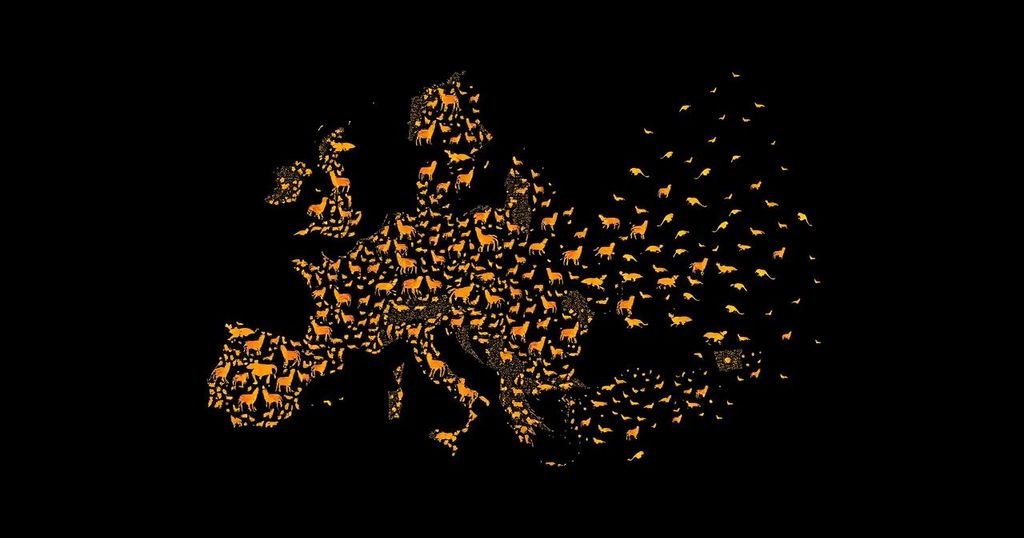Recently, there has been a lot of talk surrounding the emergence of monkeypox in Europe after originating in Africa. But what exactly is monkeypox, you ask? Well, it’s a viral disease closely related to smallpox, and it’s highly contagious. It can be spread through close contact such as touching, kissing, or more intimate activities, as well as through materials that have come into contact with the virus.
The symptoms start off mild, with flu-like signs like fever, chills, and fatigue. Then come the headaches and muscle weakness, followed by a painful and itchy rash. Unlike the typical monkeypox, this new strain causes milder symptoms and lesions in unexpected places – like the genitals. This makes it harder to identify, leaving infected individuals unaware of their condition.
So, why is there such a fuss about this monkeypox situation? Well, it turns out there are two different genetic clades of the virus, each with their own unique genetic and clinical differences. The new outbreak in Europe is being driven by a new subtype – clade IB. And to complicate matters further, there are multiple outbreaks happening simultaneously. Quite alarming, isn’t it?
But wait, did monkeypox affect Ireland? Yes, there were some cases in Ireland back in 2022, but people were vaccinated, and the risk to the population was considered low. Crisis averted.
Now, onto the burning question – how dangerous is monkeypox really? Well, it can be quite serious, with some outbreaks having a fatality rate of up to 10%. However, more recent outbreaks have had lower death rates. Infants, those with weakened immune systems, and pregnant women are more likely to experience severe infections.
So, should we all be panicking about this monkeypox situation? It’s definitely something to keep an eye on, especially with this new strain circulating in Europe. But as long as we stay informed and take necessary precautions, there’s no need to start hoarding hazmat suits. Let’s keep calm and carry on, folks. We’ll handle this monkey business together, for sure.

Leave a Reply